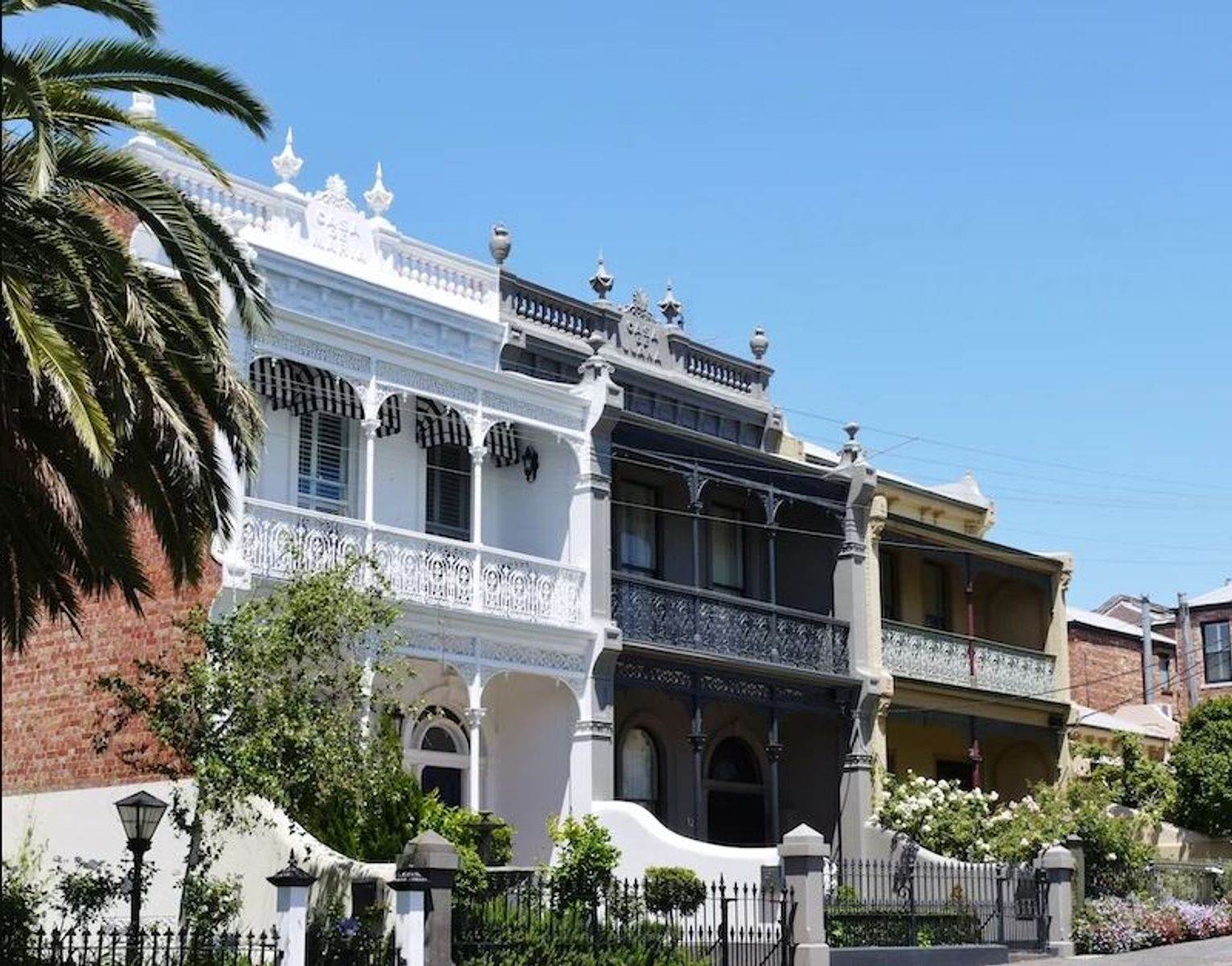Pent-Up Property Demand Precursor to Spring Real Estate Surge
The real estate market is set to surge this spring with pent-up pandemic property demand set to be a precursor to rising house prices - despite Australian expert economists flagging a prolonged downturn and falls in property prices of between 10% and 30%.
In alignment with both the Real Estate Institute of Australia (REIA) and the Real Estate Institute of New South Wales (REINSW), First National Real Estate’s Chief Executive Ray Ellis is adamant that with total real estate listings at their lowest levels and demand exceeding supply during the COVID-19 lockdown period, that the range of choice will remain low for buyers leading to strong housing demand in spring.
“‘If you step back from the distraction and noise of the predictions of economists, there are genuine factors pointing towards a strong recovery this spring, in a market characterised by first home buyers taking advantage of the percentage of investors who choose to exit, and families activating with long-held plans for change,” says First National Real Estate’s Chief Executive Ray Ellis.
Across First National Real Estate’s 300+ office network, member agents have reported a marked increase in lifestyle and regional property enquiries from city-based residents. This would appear to indicate that the COVID-19 lockdown has led to a re-assessment of property and life-goals priorities.
‘Unquestionably, while Australians have been in isolation and working from home, they’ve been researching their next move’ says Mr Ellis.
‘They’ve been considering future plans like upsizing, downsizing and leaving cities for regional locations, and it seems they’re planning to bring forward plans that had previously been considered things they’d do in the distant future. In the past week alone for instance, CoreLogic has reported a 15% surge in pre-listing activity”.
‘Then there’s the incredible competition in the loan market and its influence on the property market to consider as well,’ says Mr Ellis.
‘One in fourteen Australians have taken the opportunity to defer their mortgage repayments and they’re shopping for a better deal, given that 90 lenders have cut their rates. With more time to focus on their options, homeowners re-financed 26,000 loans in March, taking advantage of cash back re-financing offers that cover the cost of getting out of uncompetitive mortgage products.
‘With both small and large lenders looking to sure up their loan books and build market share, Australians are taking steps to secure better variable or fixed rates.’
Unemployment is considered to be elephant in the room by commentators predicting substantial house price falls, but as the Real Estate Institute of Australia has pointed out, when there was a sustained period of unemployment above 10% during the 1980s and 1990s, median house prices remained stable or, by and large, increased.
While significant adjustments will play out in rental markets, there are currently only 3% more investment properties on the market than the long-term average, despite rising vacancies and falling rents. This factor presents substantial opportunities for first home buyers, whose level of participation is at the highest level since 2012.
‘Even though we anticipate the May housing data may show a further slowing in house prices growth, or small falls in some segments, much of the data is likely to be negatively skewed by larger adjustments happening in the upper quartile of the marketplace than in the more affordable prices ranges’ says Mr Ellis.
Issued by: First National Real Estate
For more information, contact: Stewart Bunn, National Communications Manager on 0413 624 317 or stewart.bunn@firstnational.com.au


